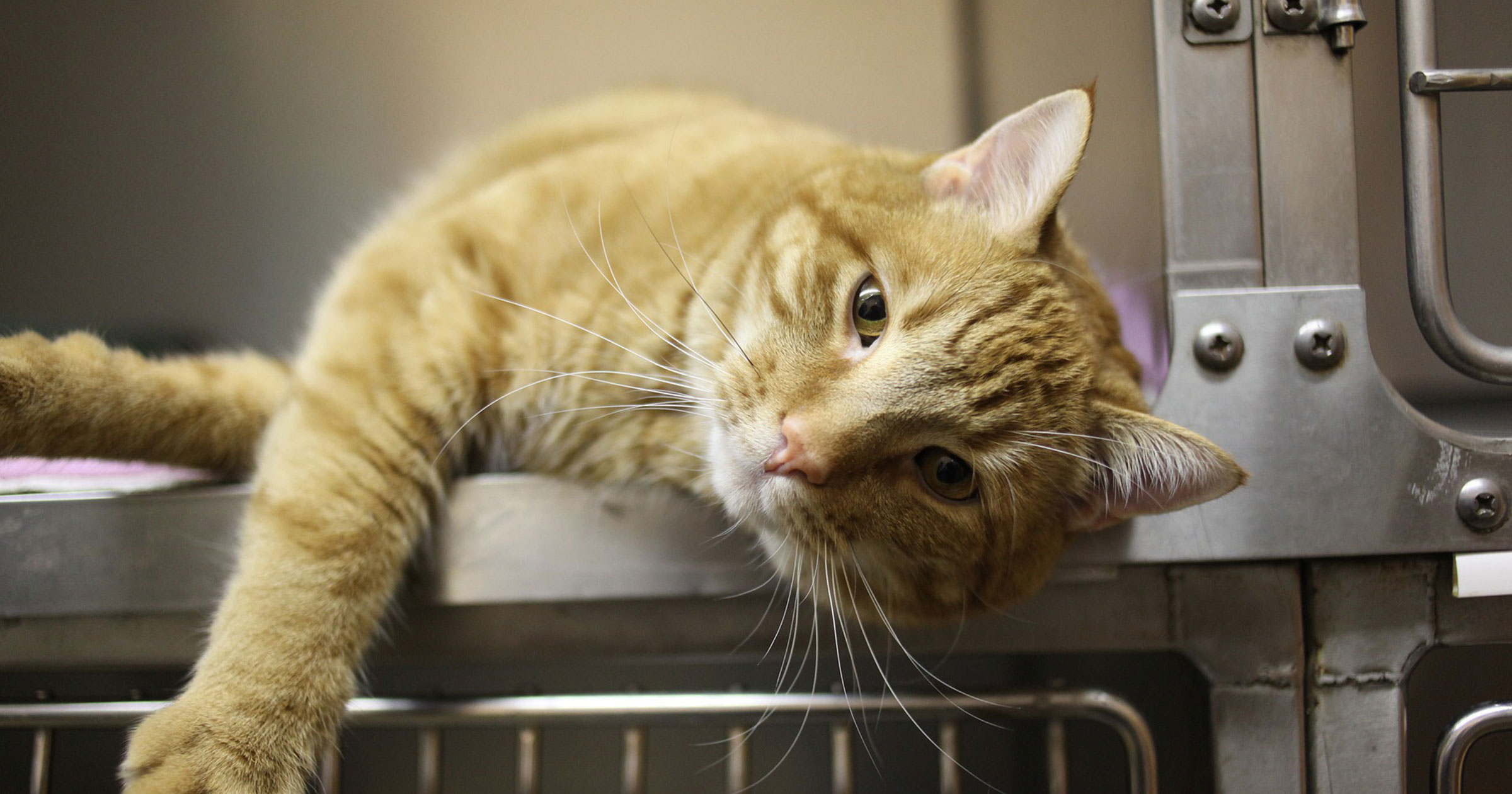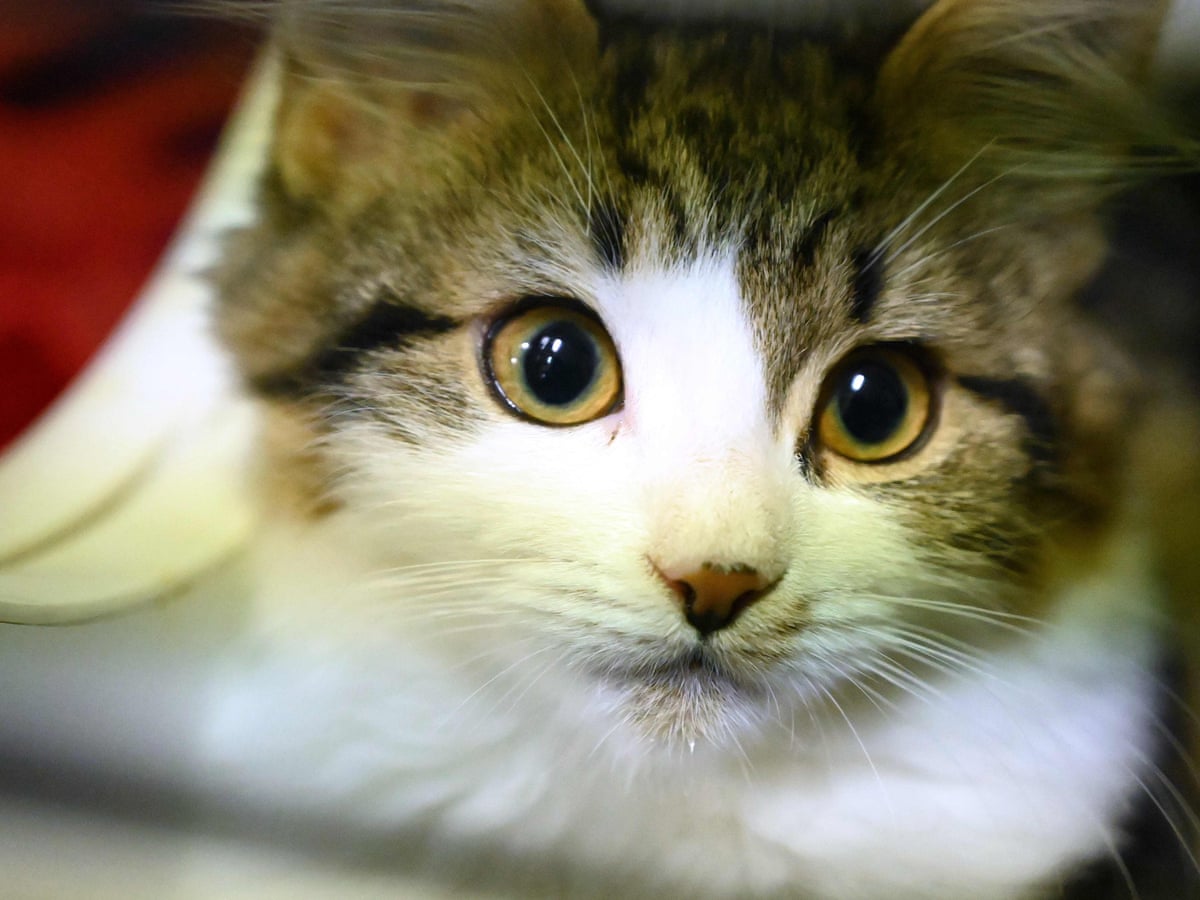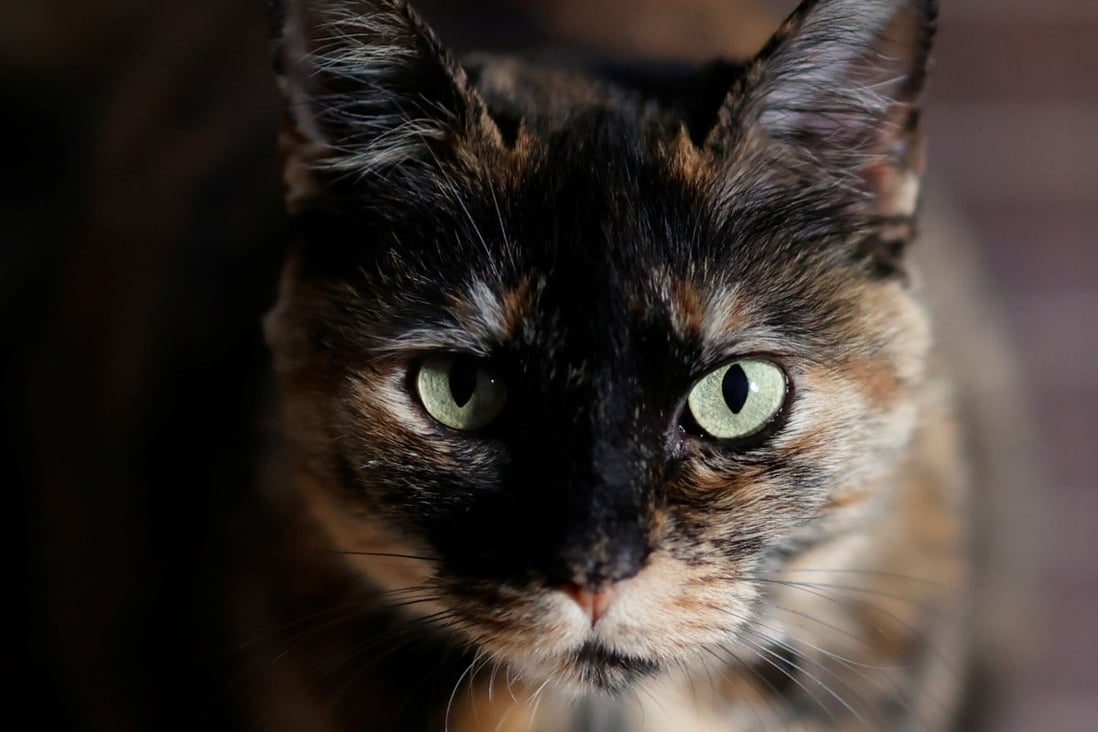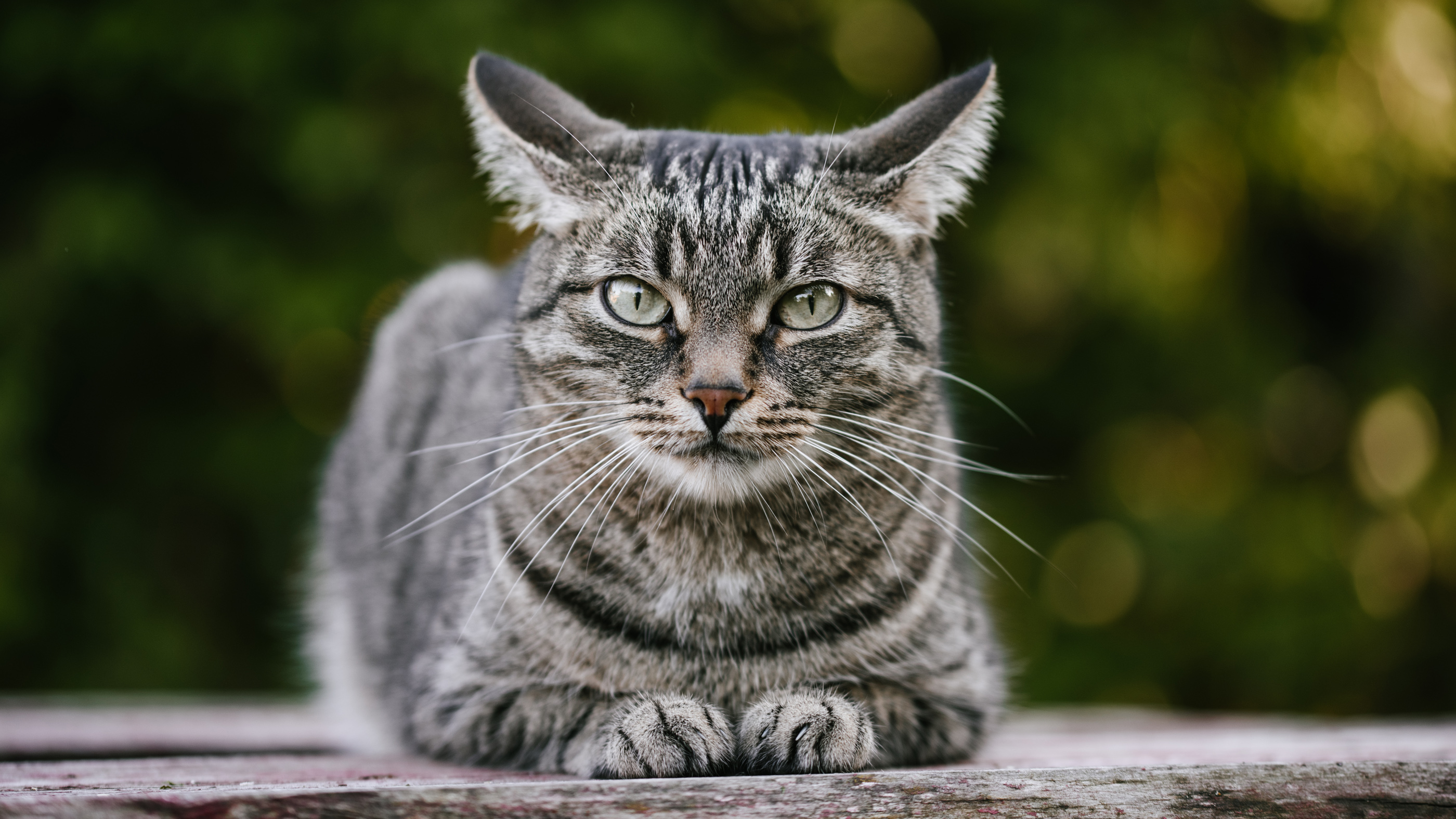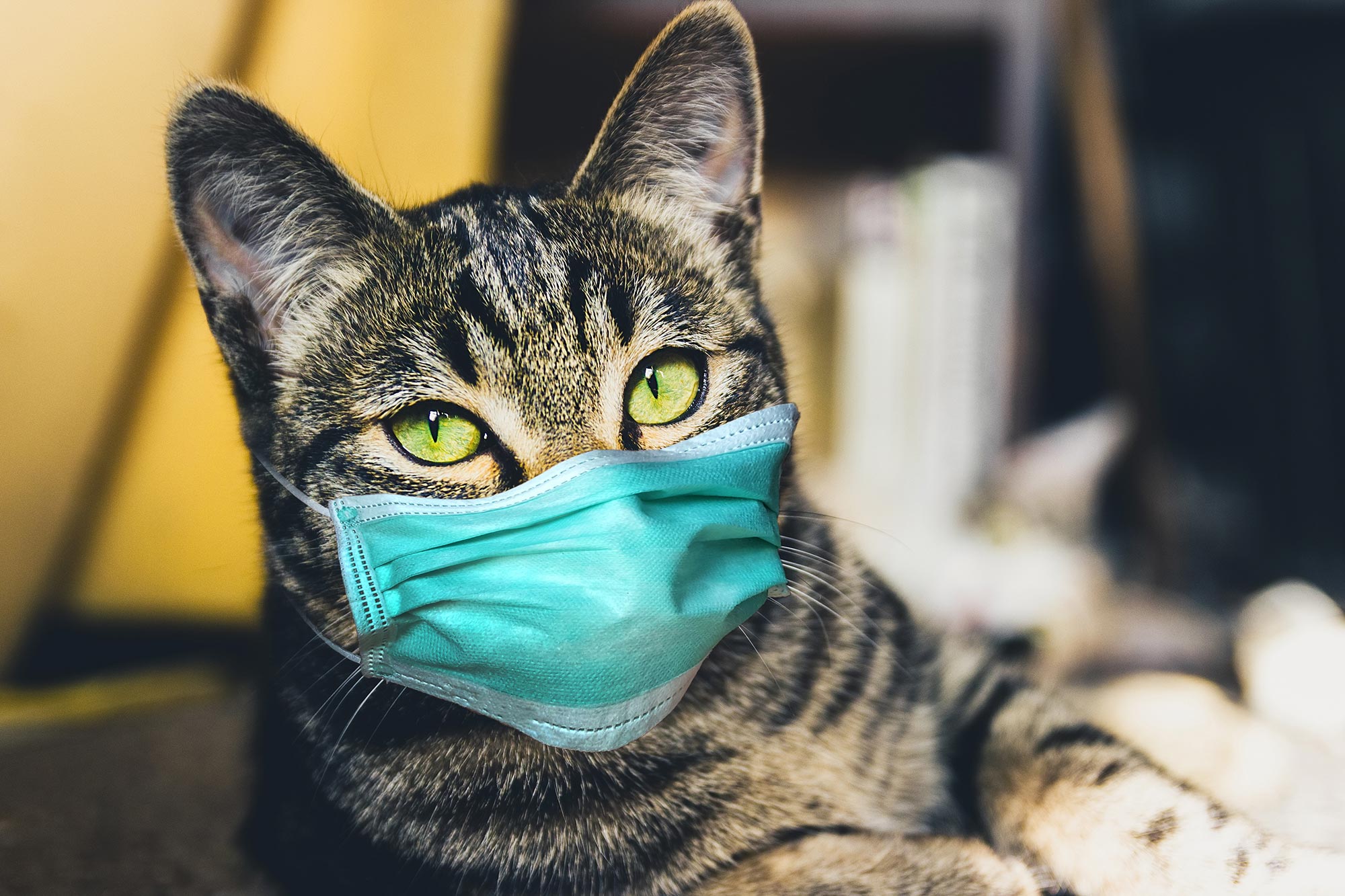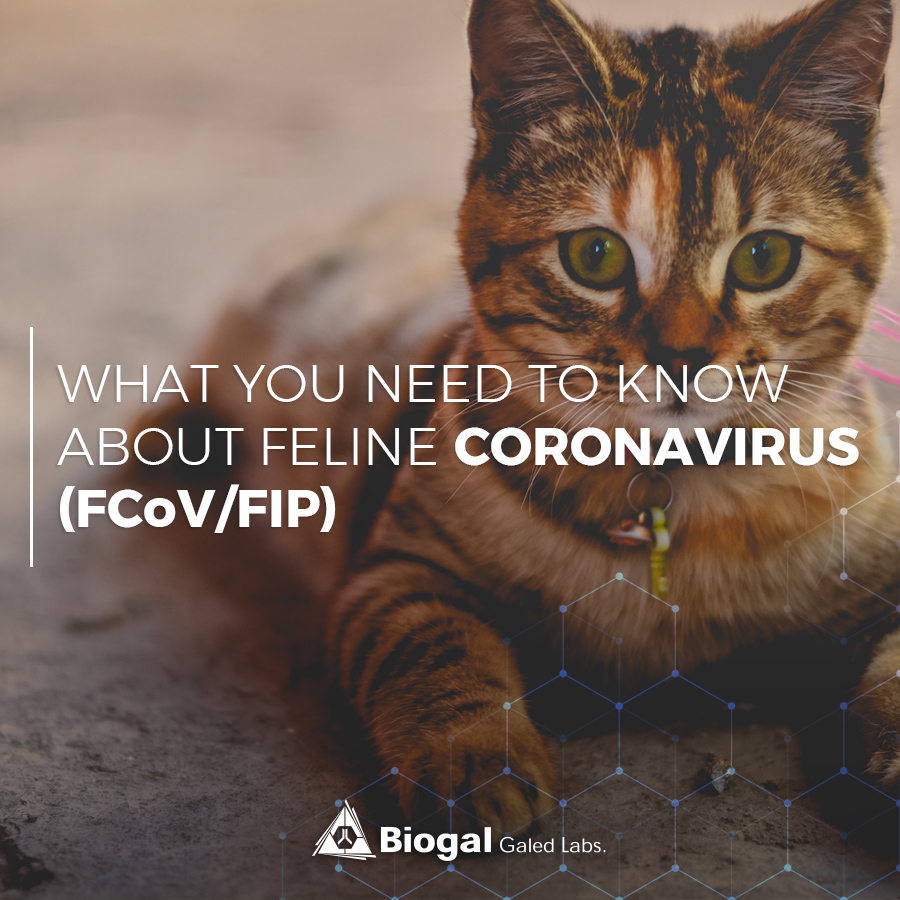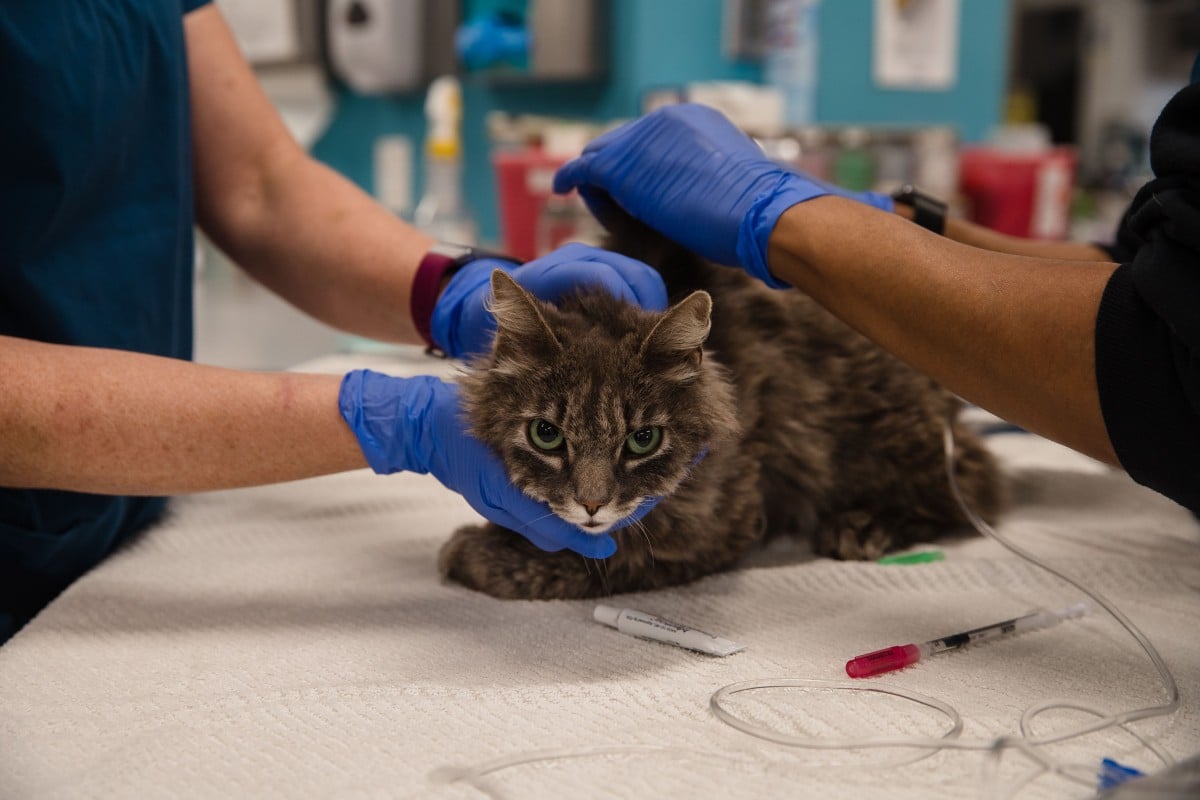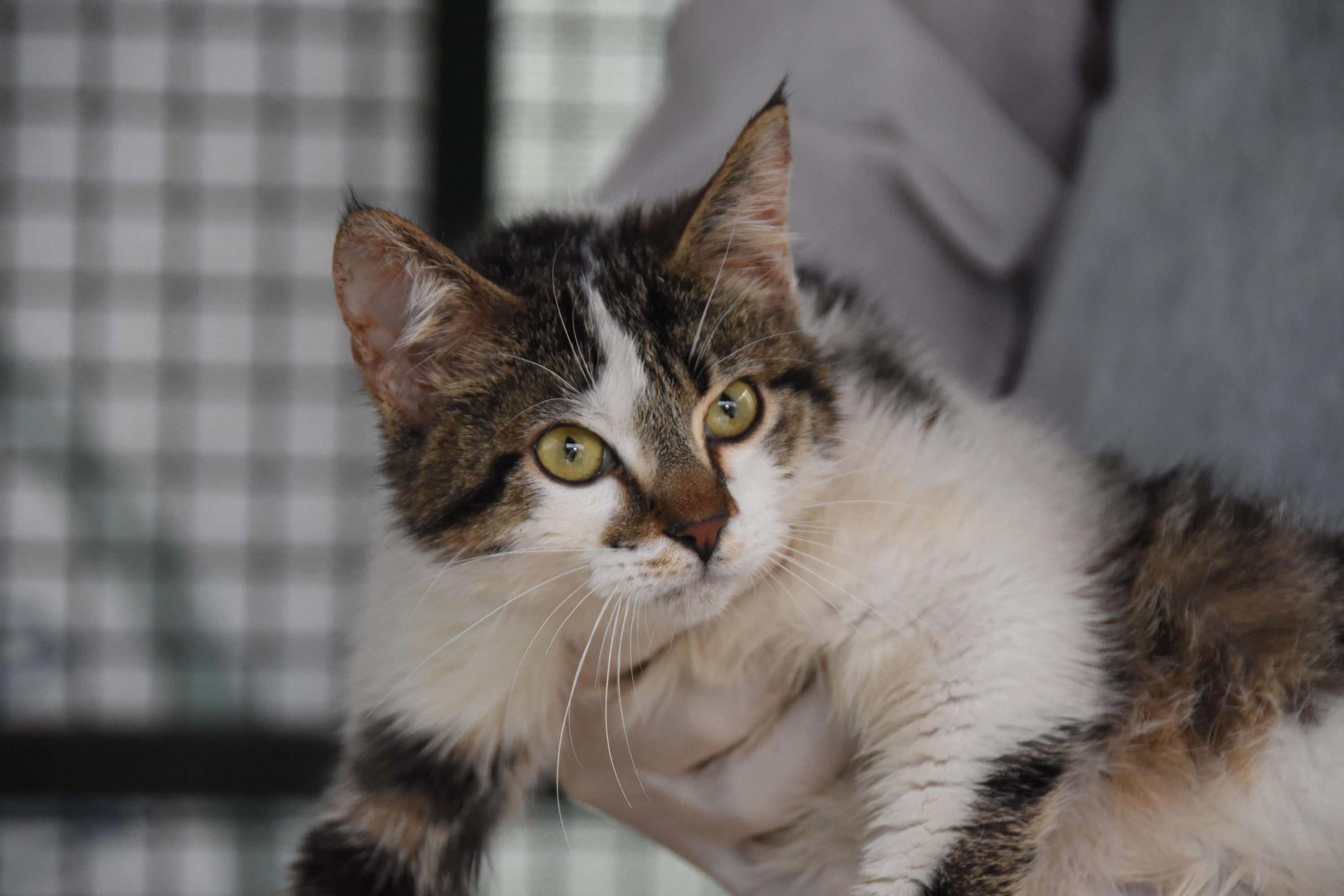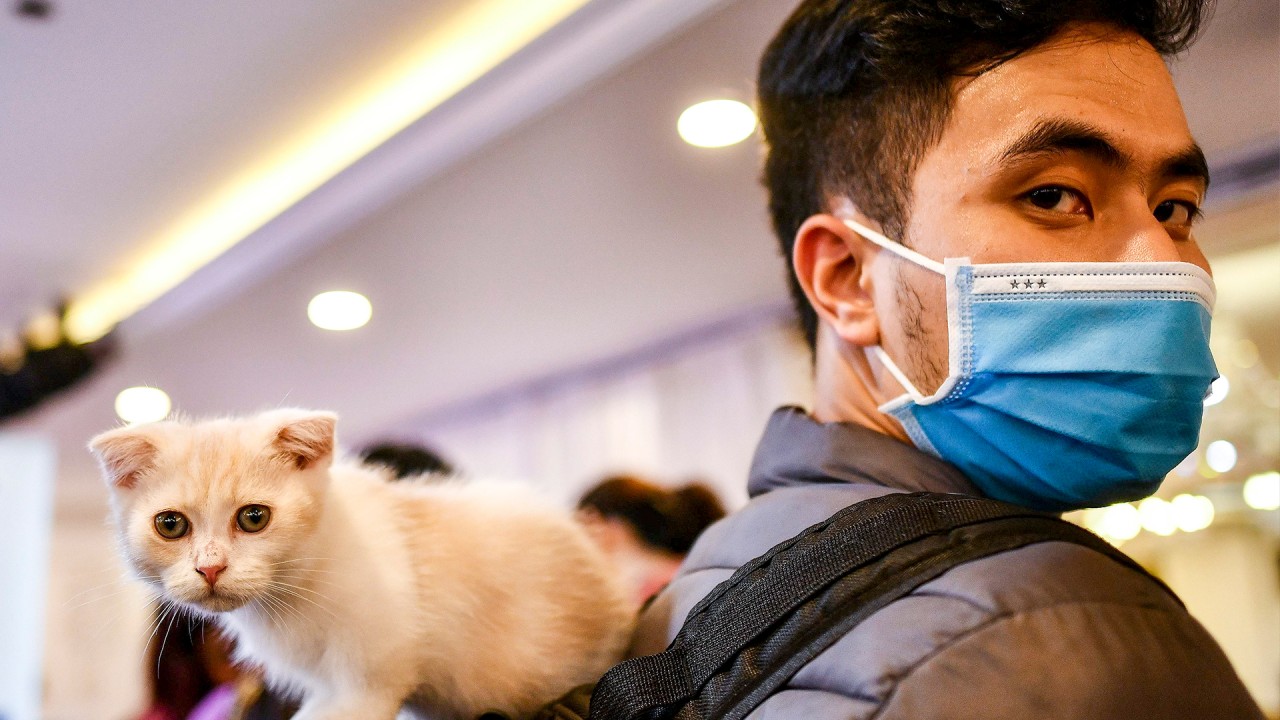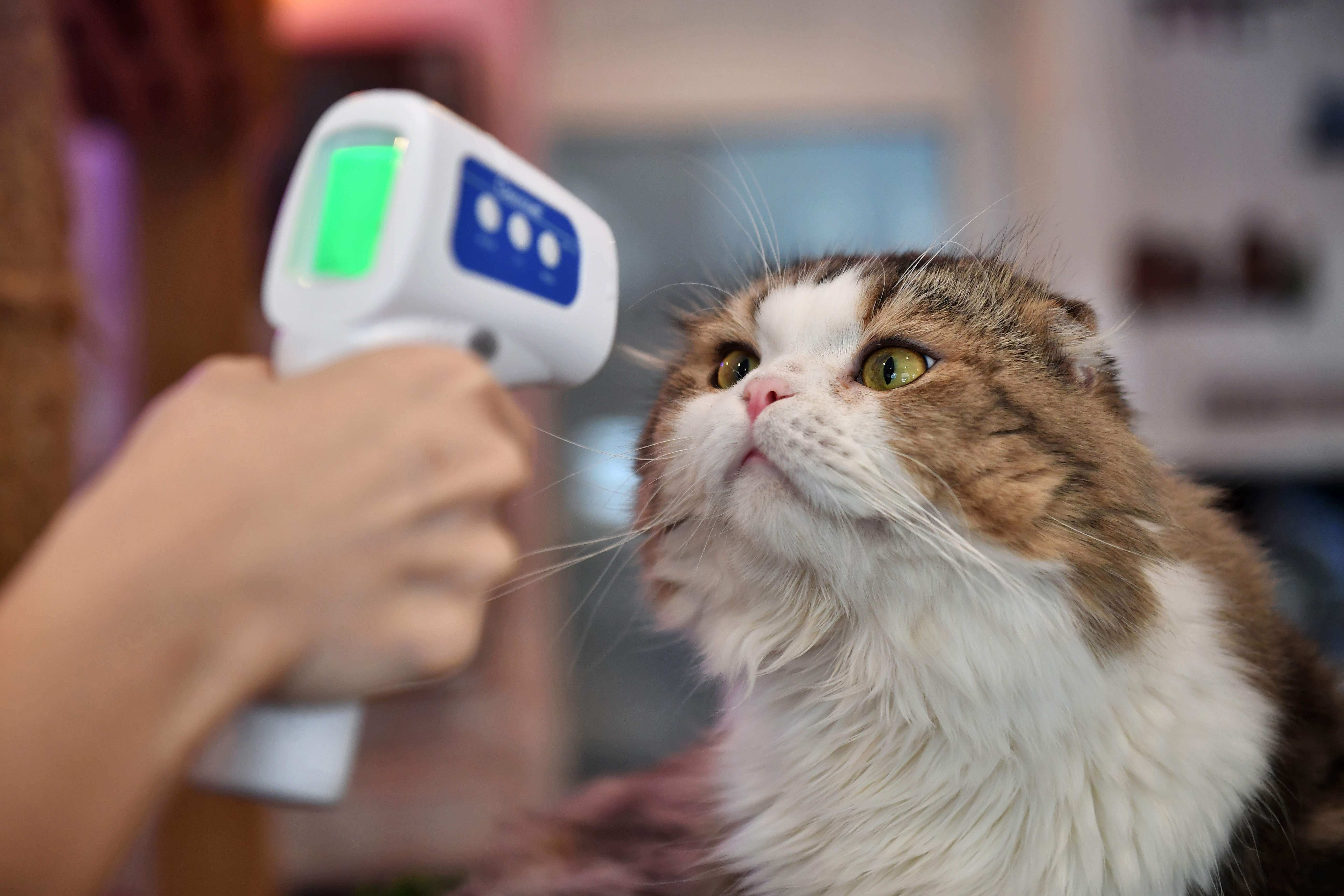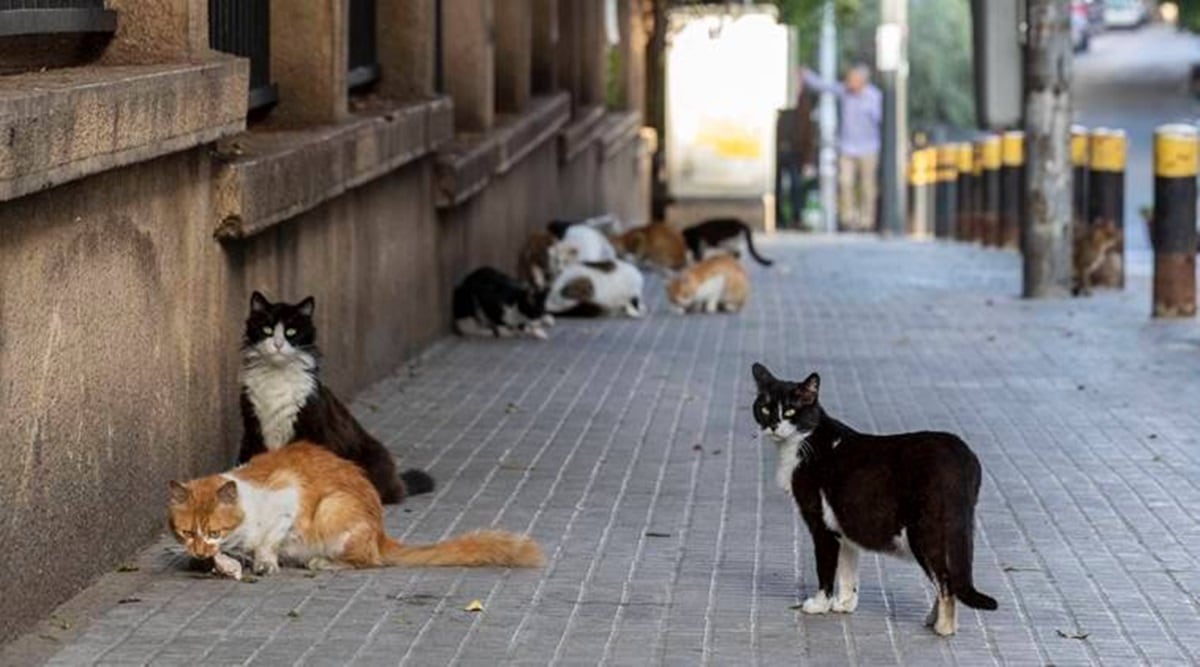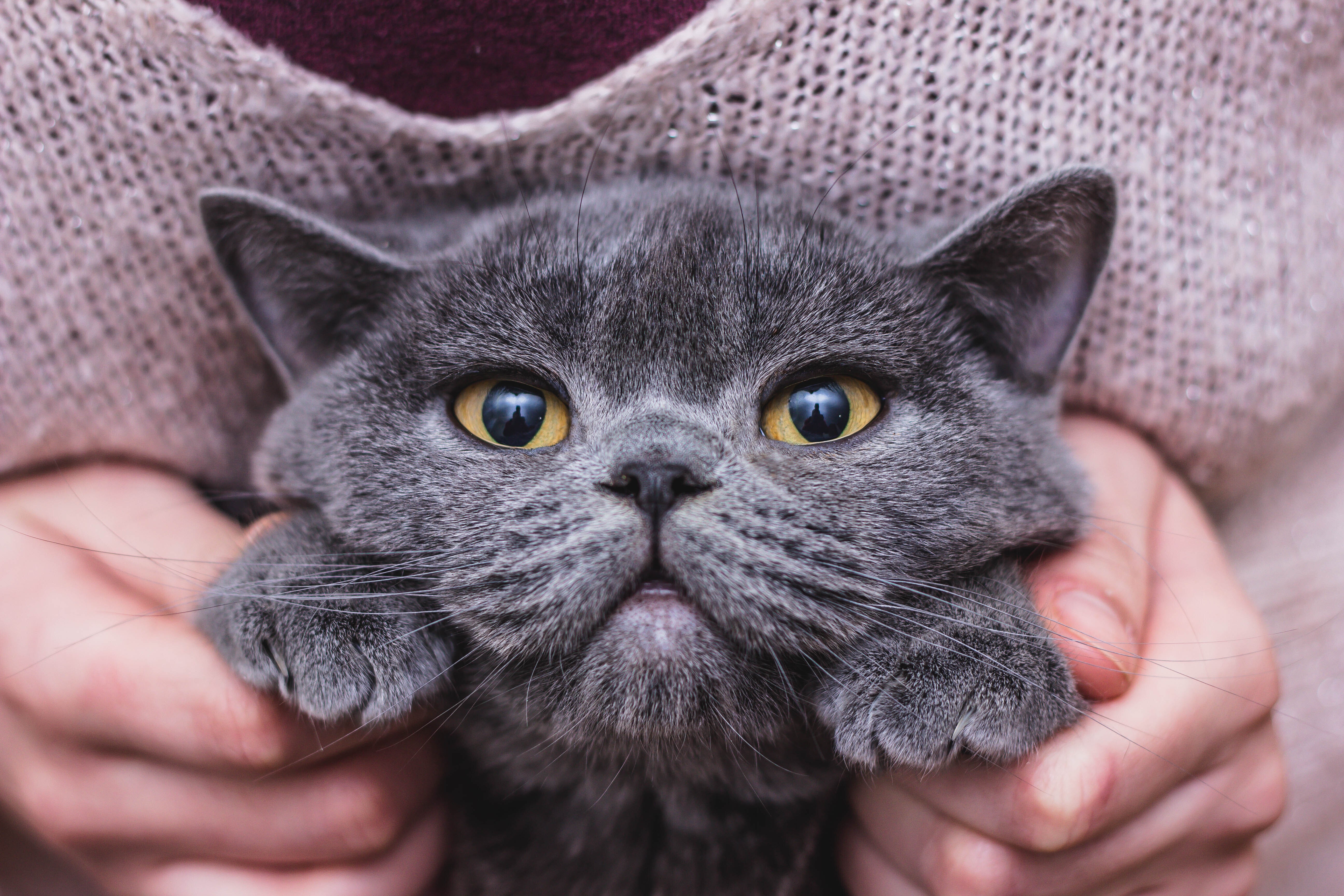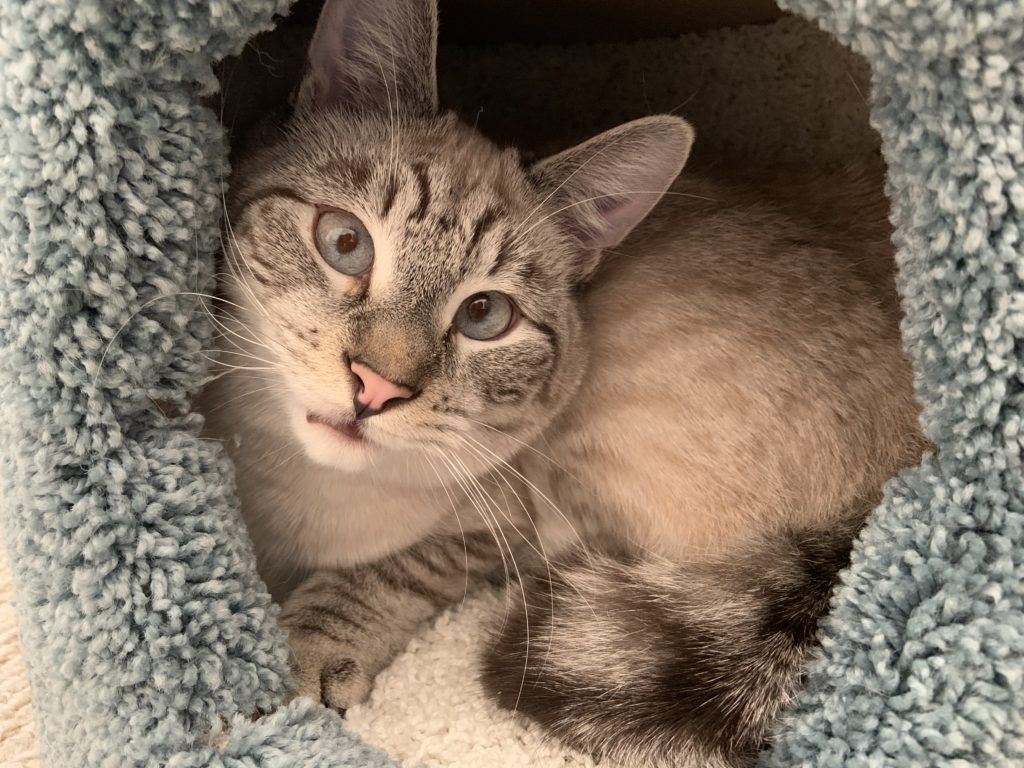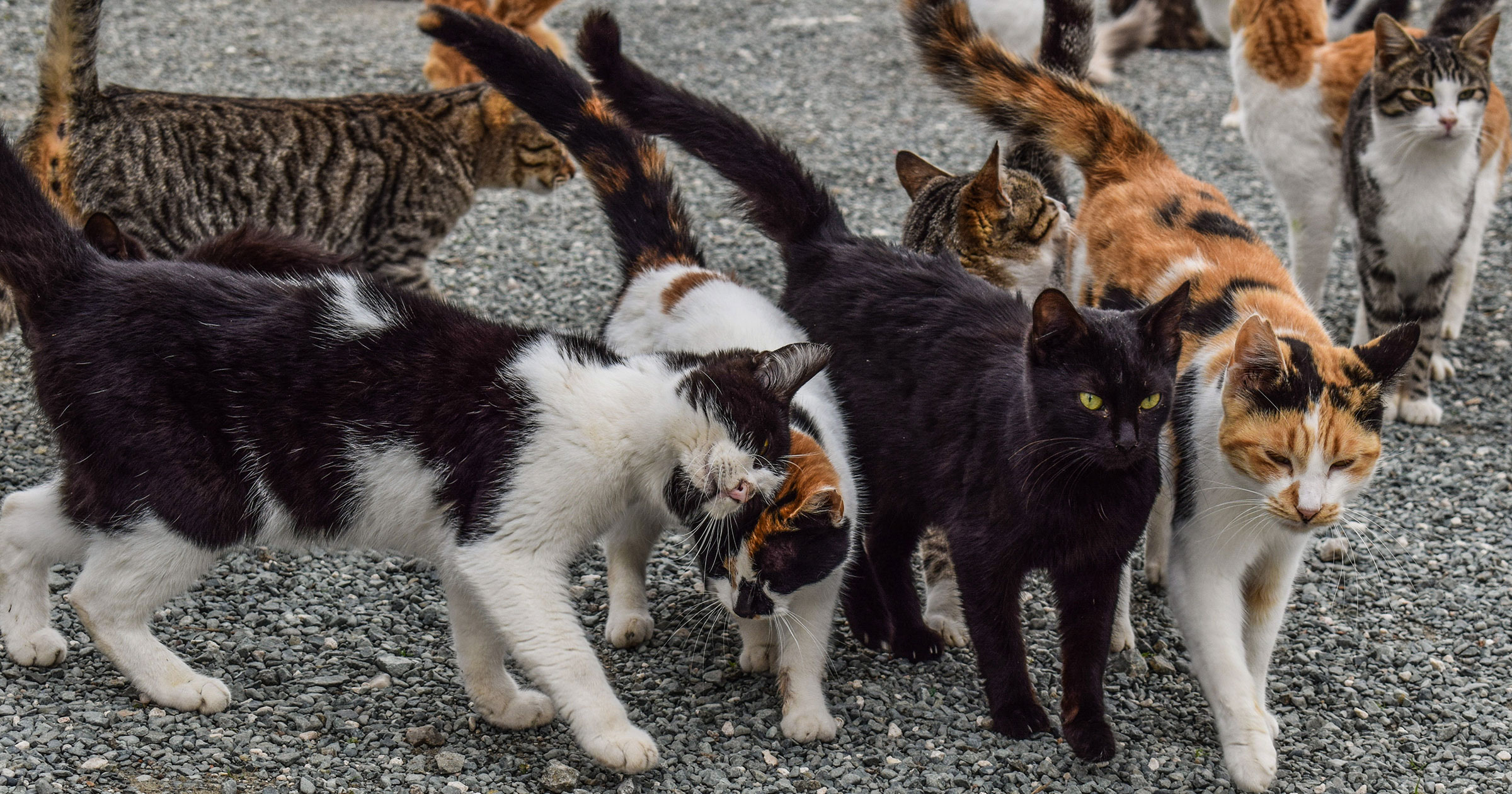Cats And Coronavirus Symptoms
The most common human symptoms are a high temperature a new continuous cough or a loss or change to your sense of smell or taste.
Cats and coronavirus symptoms. What is Feline Coronavirus or FCoV. Both had mild respiratory symptoms and are expected to. In the world there are only.
What effect does COVID-19 have on cats. Animals reported infected include. None of them died.
This form often causes the cat to have seizures and move in an abnormal or uncoordinated way. If you think you may have coronavirus follow the latest advice found on the NHS website. There is so far no evidence that pets can pass COVID-19 to humans.
The first signs of illness following infection from the feline infectious peritonitis virus can show after just a few days or only several months later. Cats are susceptible to natural infection with several strains of feline coronavirus that may result in either effusive and noneffusive FIP disease or in subclinical to severe enteritis. Your cat can get COVID-19.
Investigators are still unsure of the routes by which strains of coronavirus are transmitted between cats. All 11 pets that underwent a second round of tests after another 1 to 3 weeks tested positive for antibodies and 3 cats still were positive for COVID-19. The cat experienced breathing difficulties and nasal discharge stock image.
If youve been diagnosed with are suspected of having or are displaying characteristic symptoms of coronavirus COVID-19 it is advisable to minimise the amount of time your cat spends outdoors unsupervised. Experts advise coronavirus-infected households to keep their pet cats indoors. Six of 154 cats 39 and 7 of 156 dogs 45 tested positive for COVID-19 while 31 cats 201 and 23 dogs 147 had coronavirus antibodies.

